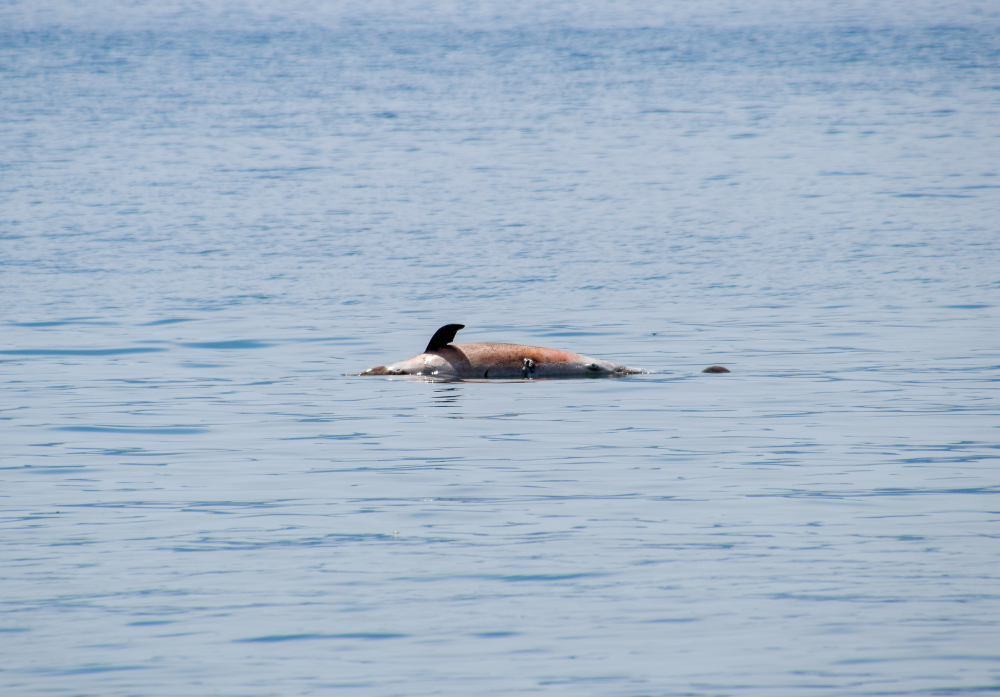Dead dolphins continue to wash ashore.
Others are reading now
Oil spills remain one of the most severe environmental disasters, posing catastrophic risks to marine ecosystems.
These incidents not only harm aquatic life but also disrupt livelihoods, damage economies, and leave long-lasting effects on the environment.
Despite global awareness, oil spills continue to occur, highlighting the need for better prevention and cleanup strategies.
Also read
The Kerch Strait Incident
In mid-December, a severe storm in the Kerch Strait led to the sinking of two Russian oil tankers, Volgoneft-212 and Volgoneft-239.
This disaster caused a significant spill of heavy fuel oil, devastating marine life in the region, according to Digi24.
The spill occurred in the strait, which links the Azov Sea to the Black Sea, a critical maritime route.
The Delfa Dolphin Rescue and Research Center reported that at least 32 dolphins, primarily Azov dolphins — an endangered species — have died due to the spill.
The center noted that an additional 29 cetaceans died from unrelated causes.
“Judging by the condition of the bodies, most of these cetaceans likely died within 10 days of the disaster,” the center reported.
Dead dolphins continue to wash ashore, highlighting the ongoing impact of the spill.
Cleanup Challenges
The Russian Ministry of Emergency Situations has deployed officials and volunteers to clear over 96,000 tons of contaminated sand and soil along beaches in the Krasnodar region.
Officials estimate that up to 200,000 tons of material may ultimately be affected by the heavy fuel oil spill.
The spill has also impacted the shores of Sevastopol, prompting authorities in Russian-occupied Crimea to declare a regional state of emergency.
Environmental experts and activists have criticized the response to the disaster and called for stricter measures to prevent such incidents.
Ukrainian officials, including Mykhailo Podolyak, an adviser to President Volodymyr Zelensky, have described the spill as a “large-scale ecological disaster” and urged for tougher sanctions on Russian oil tankers.


